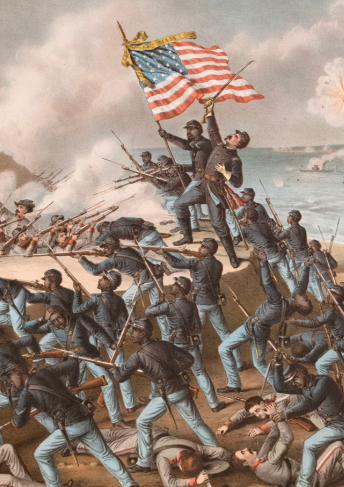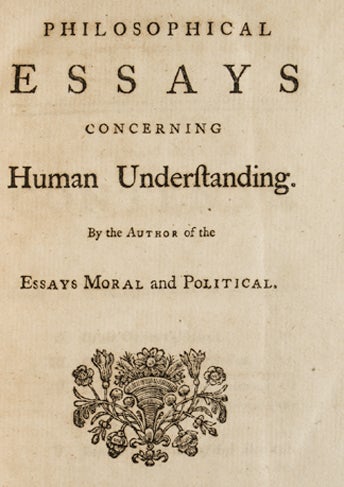SIGNER JOSHUA BABCOCK'S COPY
The Palladium of Conscience or, The Foundation of Religious Liberty Displayed, Asserted, and Established, Agreeable to its True and Genuine Principals, Above the Reach of all Petty Tyrants ... Being a Necessary Companion for Every Lover of Religious Liberty... And an Interesting Appendix to Blackstone's Commentaries on the Laws of England.
Philadelphia: Printed for the Subscribers, by Robert Bell, 1773.
Price: $4,000.00
About the item
First edition under this title, and the third American edition overall. [4], iv, [5]-119, [1], xii, 155, [1,ads] pp. 1 vols. 8vo. SIGNER JOSHUA BABCOCK'S COPY. Modern red buckram, spine gilt with title and shelf numbers, closed tear repaired and ex-lib stamp to title page, text lightly foxed throughout, one gathering poorly opened, contemporary annotations in one or more hands, signed by Babcock in two places. Cohen, 3551 & 5370; ESTC W19238; Evans, 13154 (incorrectly dating it 1774); Eller, William Blackstone Collection in the Yale Law Library, 257; Sabin, 5697;.
Item #301013
This work originally appeared in 1772 as a fifth volume to Bell’s edition of Blackstone, under the title An Interesting Appendix to Sir William Blackstone’s Commentaries on the Laws of England. Bell printed another edition in 1773, and this edition with the title by which the work is now generally known. The work attempts to codify personal rights and establish a definitive legal relationship between the citizen and government. It was the standard pre-Revolutionary work on the subject, and includes the exchanges between Blackstone and Joseph Priestley and Philip Furneaux. The latter two were eager to engage Blackstone on the topics of religious liberty, tolerance and nonconformists.
In a wide-ranging, though uniformly eminent, career Joshua Babcock (1707-1783) was variously a physician, a Supreme Court Justice in Rhode Island and a major-general in the state militia during the Revolutionary war. He sat on the War Council and hosted George Washington in 1776. Furthermore, Babcock was a friend of Benjamin Franklin, and a signatory of Rhode Island's Declaration of Independence which preceded the national declaration by two months.
A title such as this was an obvious inclusion to a Supreme Court Justice's library and there are ms. annotations (in Furneaux's reply) that attest to Babcock having consulted the work frequently. This copy later was part of the New York Bar Association's collection.



